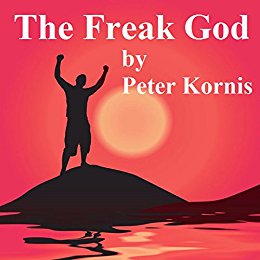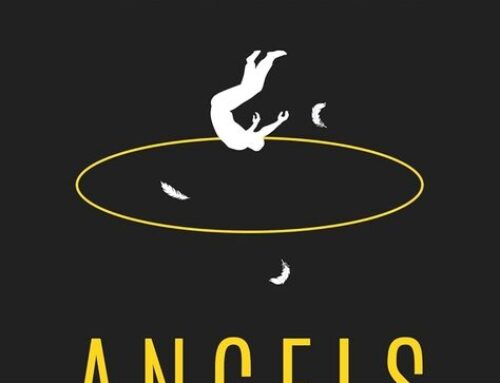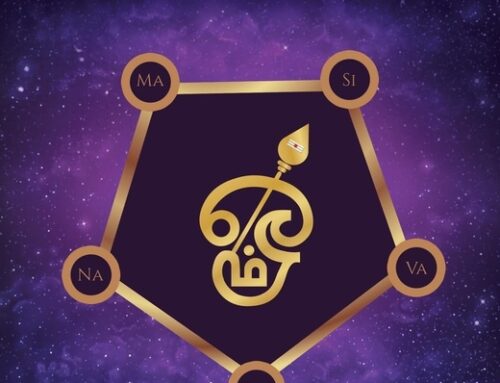
In The Freak God by Peter Kornis, an intriguing and eye-opening parable about the value of knowledge over belief, readers witness what gods and humans could achieve if they worked together for honest, honorable goals.
This sci-fi novel is set in a far-flung human colony in the far reaches of space, where the unique atheistic beliefs of one nation there have given rise to a new god – one who does not seek adulation or submission from the humans around him. Readers are given an intimate look at this “non-god god” as he grows up alongside humans, similar to what is taught in the Christian tradition of Jesus Christ. The idea of an atheistic country manifesting an atheistic god sounds somewhat oxymoronic, but that is where this story shifts from practical to philosophical.
The surrounding nations are all theistic, with their own gods to worship – the Great Vallach and the Great Creator. As readers may expect, there is a showdown between the believers and the non-believers, with the Republic of Heelon (home to the atheists) trying desperately to shine reason in the face of dogma.
While this futuristic corner of the universe and all of its history are interesting, showing a clear passion for world-building by the author, there are other moments where it seems like the entire book is an overly simplistic parable – and not one that is cleverly disguised. There are many symbolic aspects that closely resemble the Old Testament of the Christian Bible, while other conflicts and events appear very similar to the violent troubles of the Middle East over the past century.
There are also numerous scenes in this story that seem specifically designed to push forward the author’s message – that knowledge is the only almighty force in the universe. Unfortunately, the actual plot progression of this book is occasionally left by the wayside or rushed through as a result. While the characters are unique and amusing, there is very little meaningful character depth or emotion that is explored throughout the novel. The characters seem closer to mouthpieces for the ultimate moral of the story, rather than organic and dynamic players in a well-designed world. The issues being discussed are important, and this book provides a somewhat accessible way to think about religion, knowledge, and peace, but the execution is done poorly, affecting the book’s overall message.
The quality of the writing in The Freak God varies from basic and acceptable to clunky and error-prone, including blatant grammatical errors and sentences that don’t make proper sense. There was clearly not a comprehensive edit done of this book, or it would flow far smoother, particularly in dialogue sections. The greatest issue may be that Kornis spends a great deal of time telling readers what they should know, rather than showing it via the canvas of this world he has created.
Allegories can be powerful tools in literature, and can invite discussions of real-world problems, but the vehicle to do so must be in better shape than can be found in this novel, which displays a promising array of ideas, but falls too short on structure and story.
Book Links
STAR RATING
Design
Content
Editing
Get an Editorial Review | Get Amazon Sales & Reviews | Get Edited | Publish Your Book | Enter the SPR Book Awards | Other Marketing Services























Leave A Comment